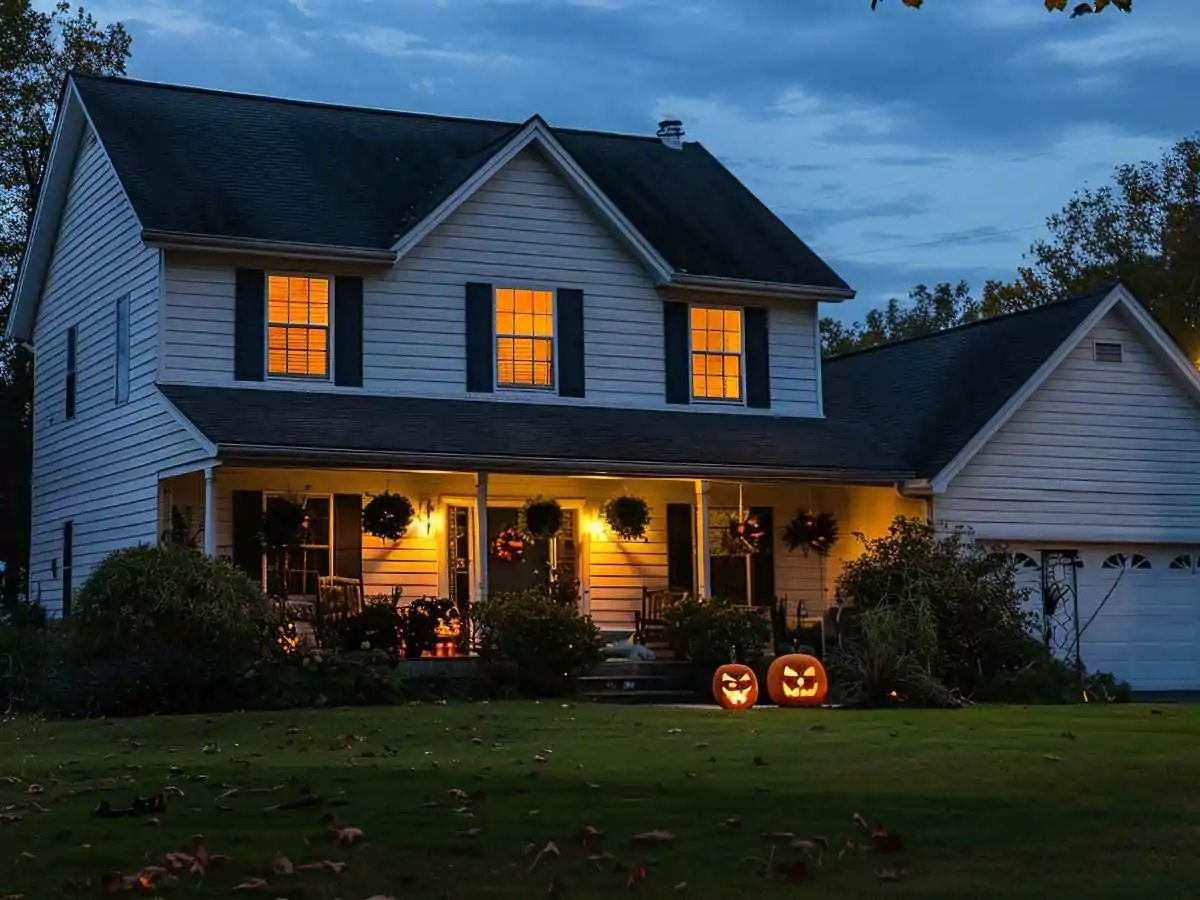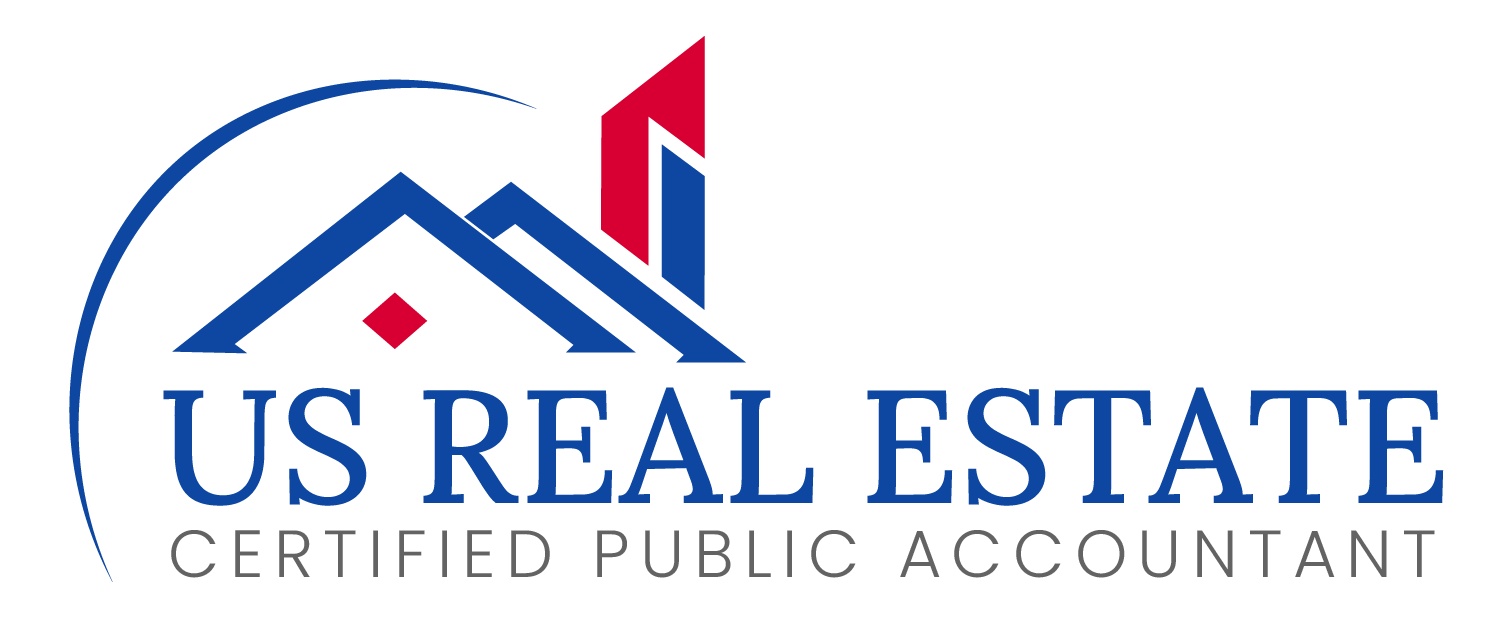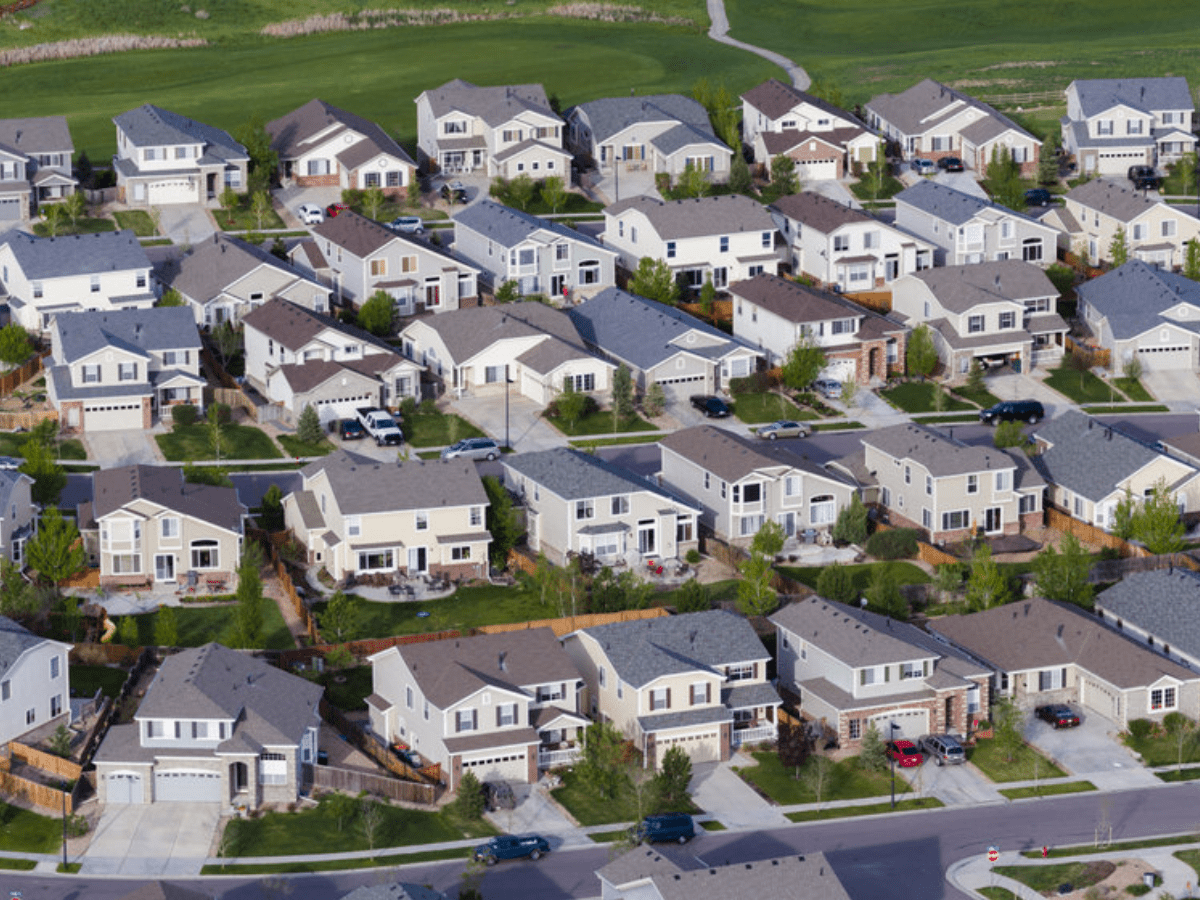
Why Homeowners Are Skipping Insurance Claims and Paying for It Later
Owning a home has always come with a price tag, but in 2025, that bill is climbing fast—and not just in the usual ways. As property taxes, repair costs and insurance premiums all push higher, more homeowners are cutting corners. That means fewer upgrades, more DIY fixes, and in a surprising number of cases, skipping insurance claims altogether.
According to a recent survey by Guardian Service, a company that helps people shop for insurance policies, 1 in 4 homeowners have intentionally avoided filing a home insurance claim. The reason? They’re afraid that starting the process might trigger a home inspection that they would fail.
That kind of hesitation might feel understandable in the short term, but experts warn it can backfire in big ways. Skipping out on needed repairs or delaying claims not only increases the risk of major damage, it could leave homeowners footing a much larger bill when disaster strikes.
Fear Over Filing
You would think that when your roof starts leaking or a pipe bursts, the first call you’d make would be to your insurance company. But for many, that call never comes.
It turns out that fear, especially fear of failing an inspection, is keeping people quiet. A full 25% of homeowners say they’ve skipped making a claim for that very reason. Among Gen Z homeowners, that number jumps to one in three.
The logic is clear enough: File a claim, and your insurance company might come poking around. What if they find more problems? What if they hike your premium, or worse, drop you? The concern is real. But in many cases, so are the consequences of inaction.
The Cost of Putting Things Off
A loose shingle today can turn into a moldy ceiling or a collapsed roof tomorrow. And if the insurance company later determines that you let the issue fester, or that you failed to disclose it when you could have, they may deny your claim altogether.
Neglect, even unintentional, can void coverage. So what starts as a skipped claim to avoid hassle or scrutiny might end with you on the hook for tens of thousands of dollars. In a market where budgets are already stretched thin, that kind of financial hit can be devastating.
“If a repair goes from cosmetic to catastrophic, you might not be covered,” says one claims specialist. “And by then, the damage is done—literally.”
Delayed, Deferred, and Dropped
Guardian Service’s numbers paint a stark picture. In 2025, homeowners slashed their improvement budgets by an average of 42%. Two-thirds said they cut their renovation budgets entirely.
With that kind of belt-tightening, it’s no surprise that aesthetic fixes are taking a back seat. Nearly half of homeowners have pushed off things like painting, flooring, or new countertops. Kitchen and bathroom upgrades: the kind that usually boost home value, are also getting shelved.
But here’s where it gets worrisome: Many are delaying critical repairs too.
Only about 1 in 4 homeowners plan to follow through this year on replacing windows, repairing plumbing or electrical systems, or fixing their roofs. All of those issues, if left unaddressed, can lead to major structural damage. And even in the middle of a record-breaking heatwave, 14% of homeowners are holding off on HVAC replacements.
Taking Matters Into Their Own Hands
With professional labor costs soaring, many homeowners are ditching contractors in favor of YouTube tutorials. In fact, 62% say they are handling major repairs on their own.
This do-it-yourself wave is especially strong among younger homeowners. Two out of three Gen Z and millennial homeowners say they use online resources to guide their fixes. That kind of resourcefulness is admirable but it can also be risky.
If you take on a repair without informing your insurance provider, you could lose out on valuable coverage. Many homeowners don’t realize that extended or guaranteed replacement cost coverage (which helps cover rebuilds that exceed your policy’s limits) often hinges on disclosing major updates.
If your insurer doesn’t know about your new wiring, new roof, or home addition, they may not pay to replace it.
What Your Insurer Needs to Know
It’s easy to assume that insurance automatically covers everything within your four walls. But that is not how most policies work.
Big upgrades—like a kitchen renovation, an added sunroom or a new wood stove—can significantly change your home’s value and its risk profile. If your insurer is kept in the dark, your claim could be denied or your payout limited.
Updating your provider might feel like inviting trouble but it is actually a safeguard. It ensures your coverage keeps up with your investment—and protects you from nasty surprises later on.
The Upside of Upgrades
While many homeowners are avoiding repairs out of fear or financial strain, they might be overlooking something crucial: Some upgrades can actually lower your insurance premium.
The problem? Most people have no idea which ones.
Nearly half of surveyed homeowners said they would move forward with a delayed repair if it helped reduce their monthly insurance costs. But according to Guardian Service, a whopping 71% said their insurer never clearly explained how home improvements affect rates.
That lack of transparency is costing people money. In reality, there are several upgrades that commonly lead to discounts:
- Smart thermostats: They reduce fire risk and energy use.
- Central security systems: These lower the chances of theft or vandalism.
- Storm-resistant windows: Especially useful in areas prone to hurricanes or high winds.
- Roof upgrades: A newer, sturdier roof can significantly reduce your premium.
- Fireproofing enhancements: Especially relevant in wildfire-prone regions.
Each insurance provider has its own rules, so it is worth checking in with a licensed agent. A quick conversation could uncover surprising ways to bring your bill down.
A Shift in Mindset
The big takeaway? Avoiding a claim may feel like the safer bet, but it often ends up being the riskier one.
In a time of high costs and financial uncertainty, it is tempting to delay or downplay problems. But when it comes to your home, kicking the can down the road can turn a crack into a crisis—and an ignored issue into an uncovered expense.
Instead of fearing inspections or premium hikes, homeowners may be better off seeing insurance for what it is meant to be: a tool for protecting the biggest investment of their lives. That starts with staying informed, making timely decisions, and, when necessary, picking up the phone. After all, the worst damage is often the kind you cannot see until it is far too late.



